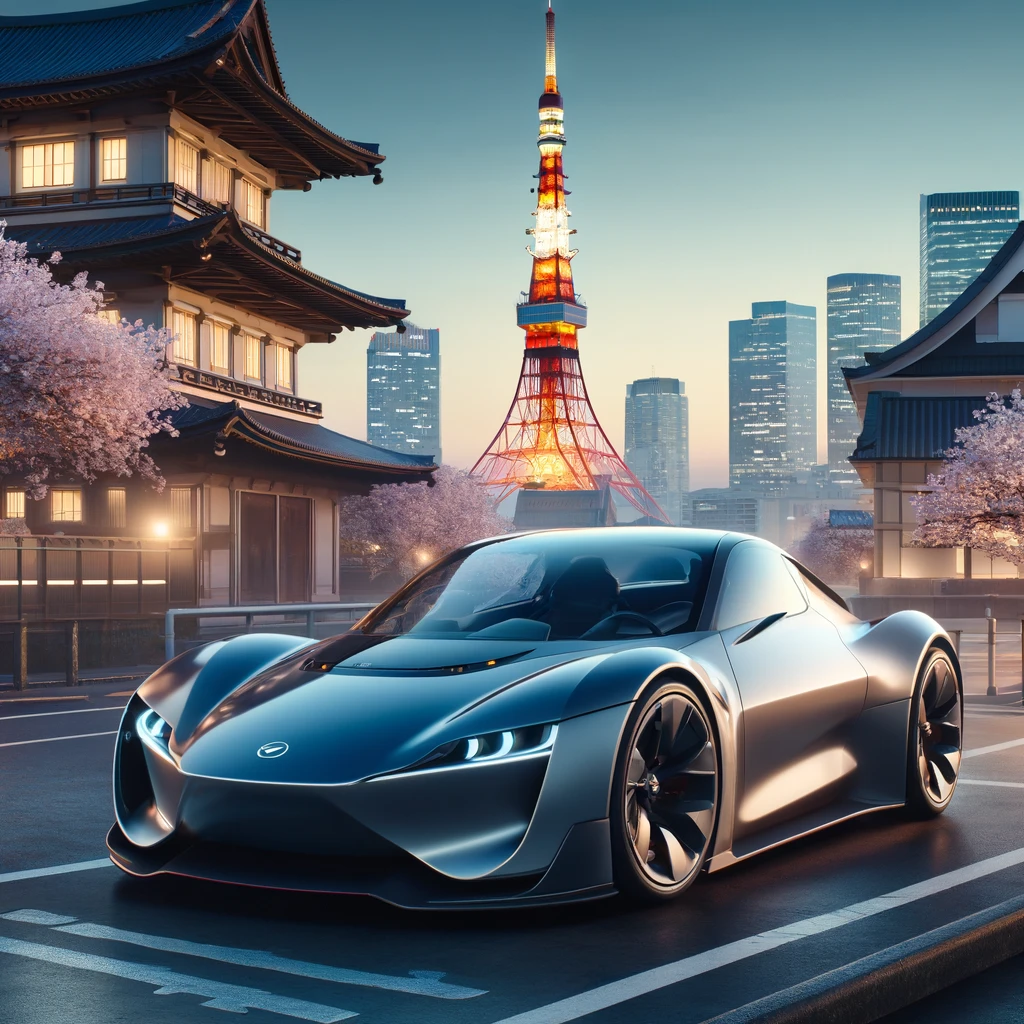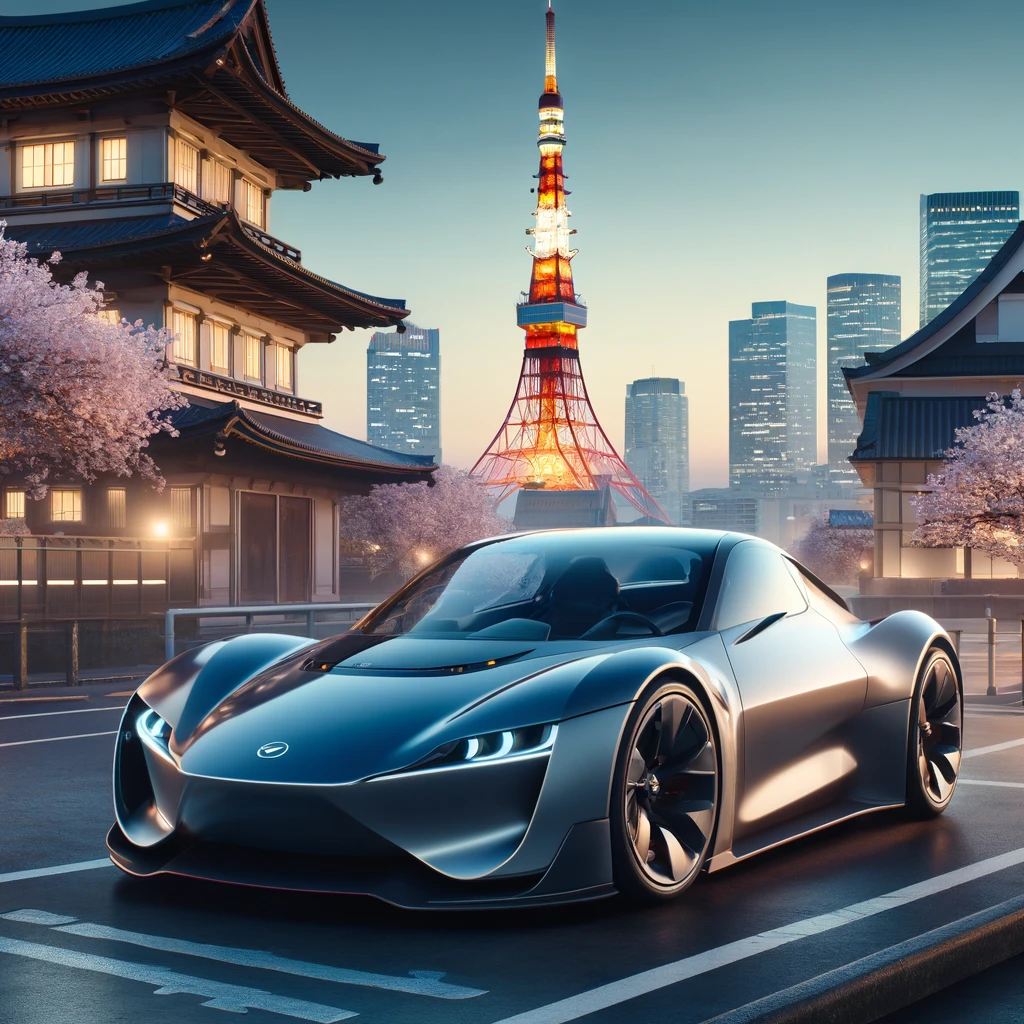
1. Japan’s Current Electric Sports Car Market
The Relationship Between Electric Vehicles and Sports Cars
The evolution of electric vehicles has greatly influenced the automotive industry, especially in Japan, where technological innovation thrives. Sports cars, traditionally seen as gasoline-powered, are now embracing electrification to meet modern demands. This shift has not only changed perceptions but also highlighted unique engineering challenges and opportunities.
Growing Demand for Electric Sports Cars in Japan
Japanese consumers have shown a growing interest in electric sports cars, driven by a mix of environmental awareness and advanced technology. Brands like Tesla have set benchmarks that appeal to younger demographics. However, local manufacturers are also catching up with their electric sports offerings, sparking competition in the market.
Why Japanese Manufacturers are Entering the Electric Market
Domestic automakers like Toyota and Honda are focusing on electrification to align with global trends and government policies. They aim to redefine sports cars by blending high-performance features with sustainable technologies.
2. Domestic Brands and Strategies
Models From Toyota and Honda That Are Making Waves
Toyota’s electric sports car lineup emphasizes speed and efficiency, merging traditional driving thrills with cutting-edge battery systems. Similarly, Honda’s designs focus on compact, sporty vehicles tailored for Japanese urban roads.
Technical Innovations Tailored for Japan
Domestic manufacturers are developing batteries and charging systems specifically designed for Japan’s geography. For example, fast-charging hubs integrated with traditional fuel stations aim to offer greater convenience.
The Challenges Facing Japanese Makers in Electrification
While innovation is thriving, manufacturers face hurdles such as high development costs and competition from global players. Balancing affordability and advanced features remains a critical challenge for the industry.
3. The Role of Foreign Brands
Global Players’ Strategies for Japanese Markets
Tesla and Porsche dominate the conversation with strategic pricing and distribution networks. By leveraging brand prestige and technological superiority, they have carved significant market shares in Japan.
Why Japanese Consumers Favor Foreign Electric Sports Cars
Foreign brands often deliver features such as extended range and luxury interiors, which resonate with Japanese buyers seeking premium experiences.
Top-Selling Models and Their Popularity
Tesla’s Model S and Porsche Taycan are leading in Japan due to their futuristic design and unmatched performance. These cars exemplify the potential of electric vehicles as status symbols.
4. Challenges to Market Expansion
Infrastructure and Charging Station Gaps
Limited charging facilities in rural areas hinder the widespread adoption of electric sports cars. Investments in nationwide charging networks are critical to overcoming this issue.
Affordability as a Barrier
High upfront costs for electric sports cars remain a significant barrier for average consumers. Manufacturers are exploring subsidies and lower-tier models to bridge this gap.
Shifts in Consumer Attitudes
Consumers are gradually becoming more open to electric vehicles, thanks to educational campaigns and government incentives. However, traditional preferences for gasoline engines persist in certain segments.
5. Future Prospects
Policy-Driven Growth
Japanese government policies, such as tax incentives and subsidies, play a pivotal role in fostering the electric sports car market. These measures are expected to stimulate both demand and innovation.
Upcoming Electric Models
Brands are gearing up to launch groundbreaking models within the next five years. These vehicles are expected to redefine performance and sustainability benchmarks.
Electric Sports Cars’ Impact on Japan
By integrating advanced technologies and sustainability, electric sports cars are poised to influence Japan’s automotive future and contribute to its global leadership in innovation.
Conclusion
Japan’s electric sports car market is at a fascinating crossroads, blending tradition with cutting-edge innovation. Domestic and international players are pushing boundaries, while challenges such as infrastructure and affordability remain to be addressed. The next decade promises significant evolution, making it a thrilling time for both manufacturers and enthusiasts alike.



Comment